




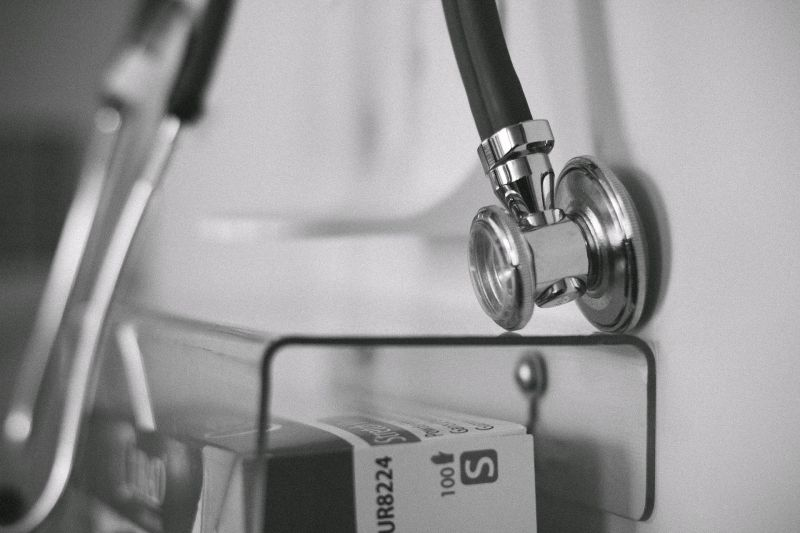
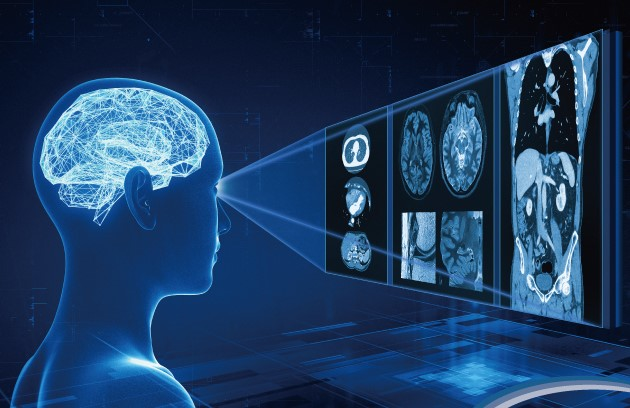
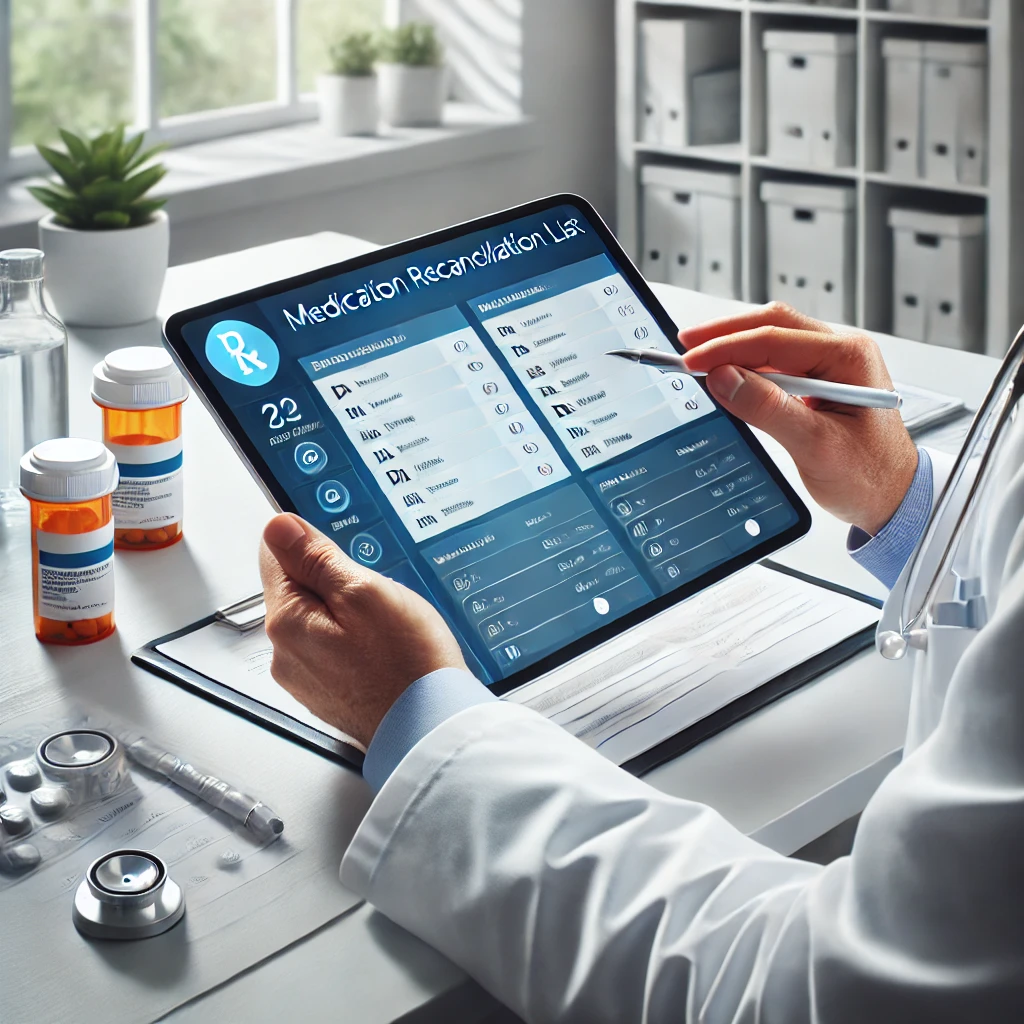
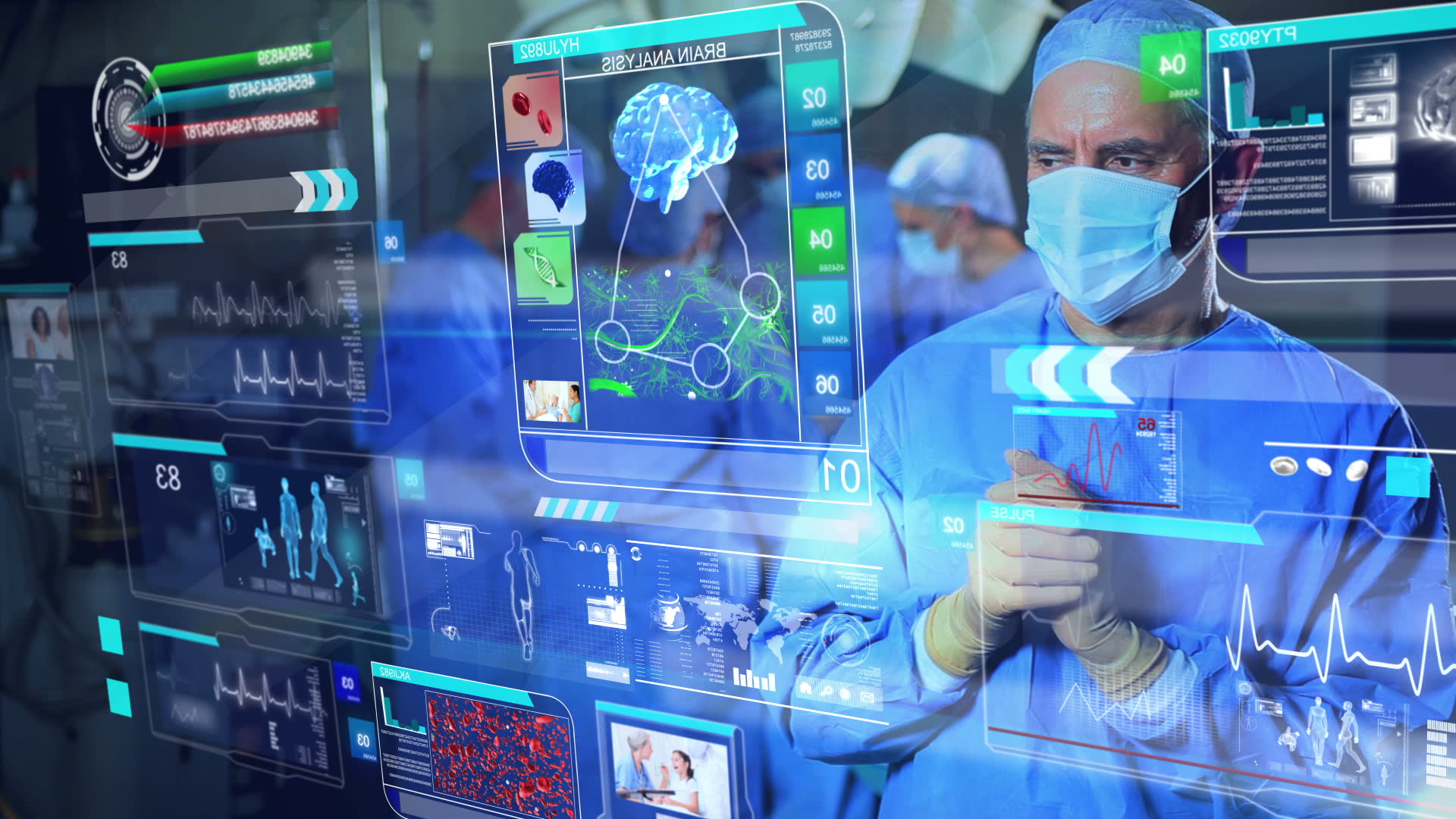
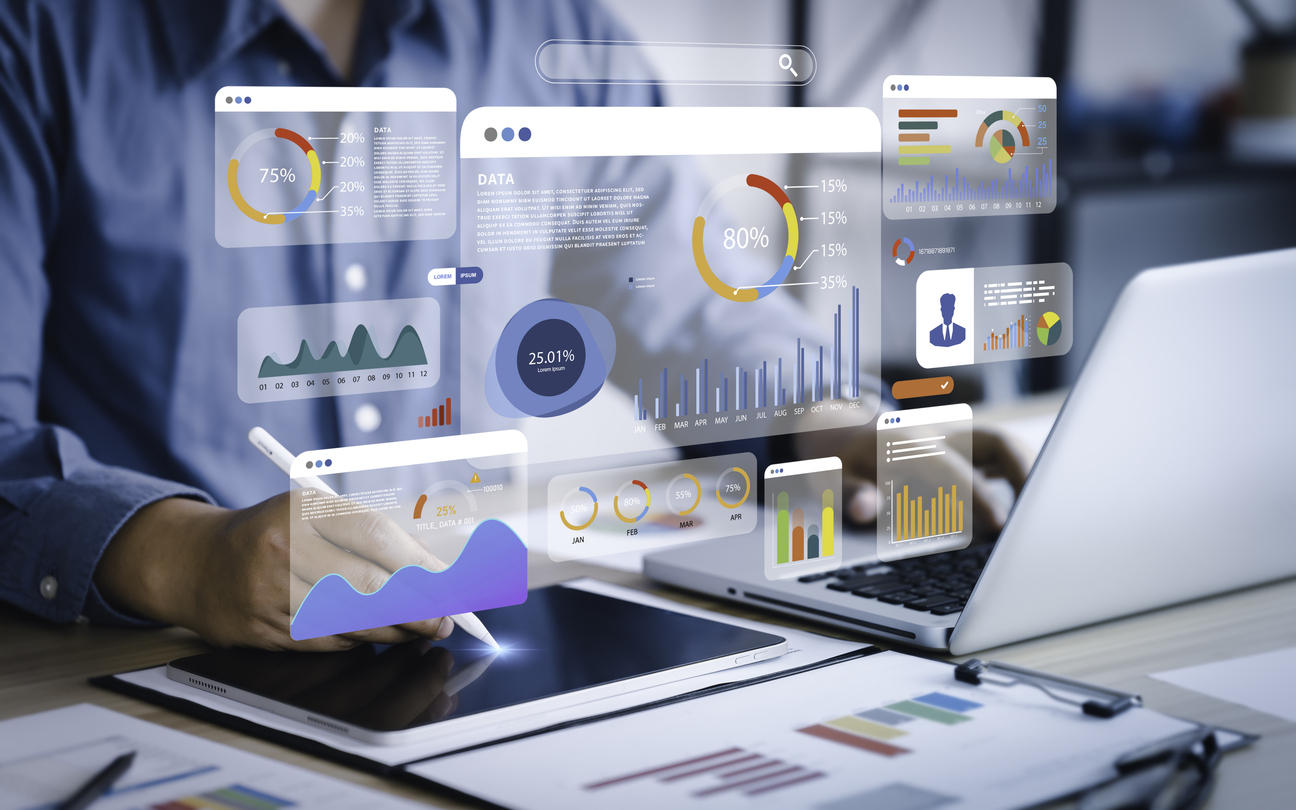

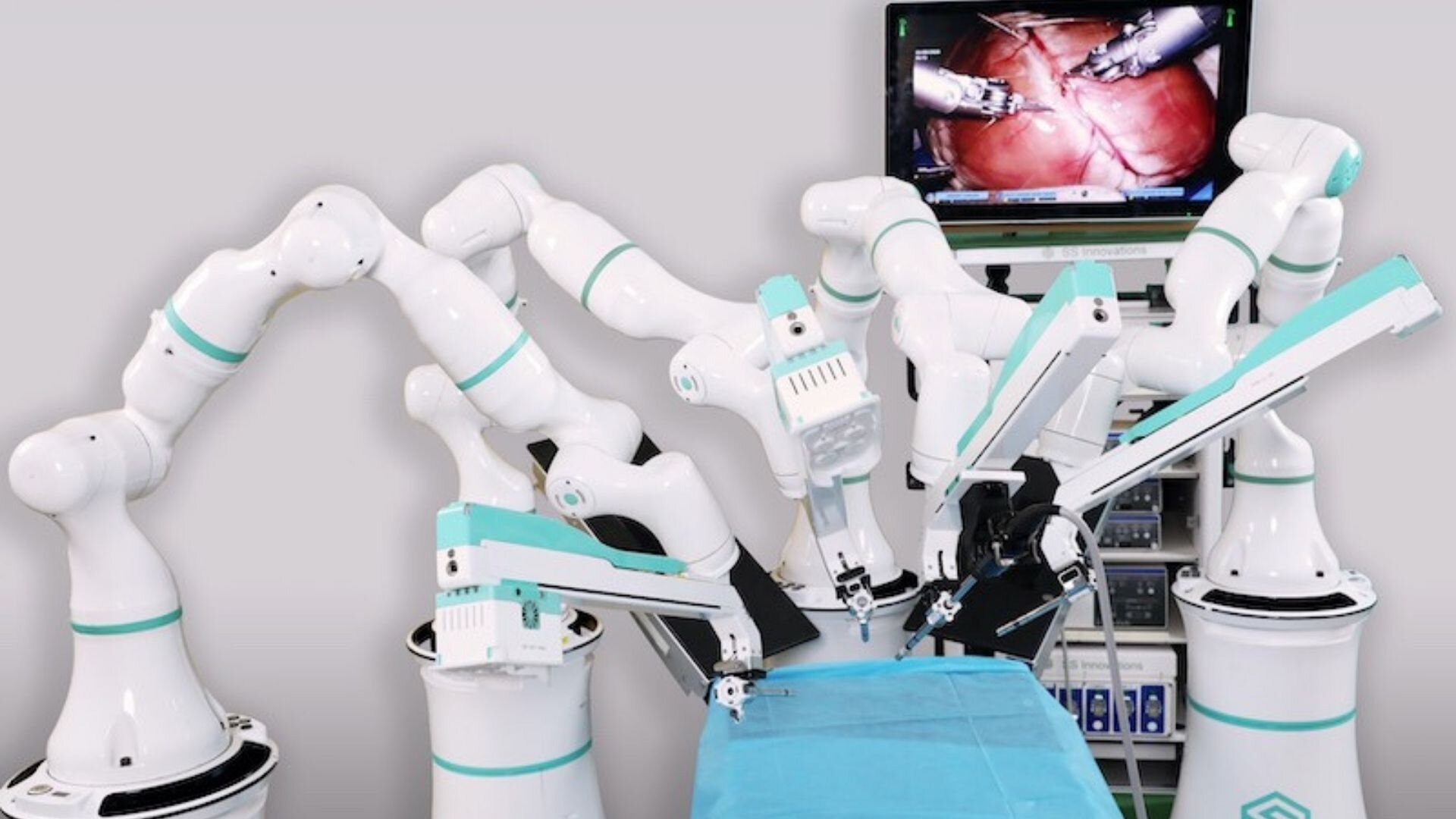

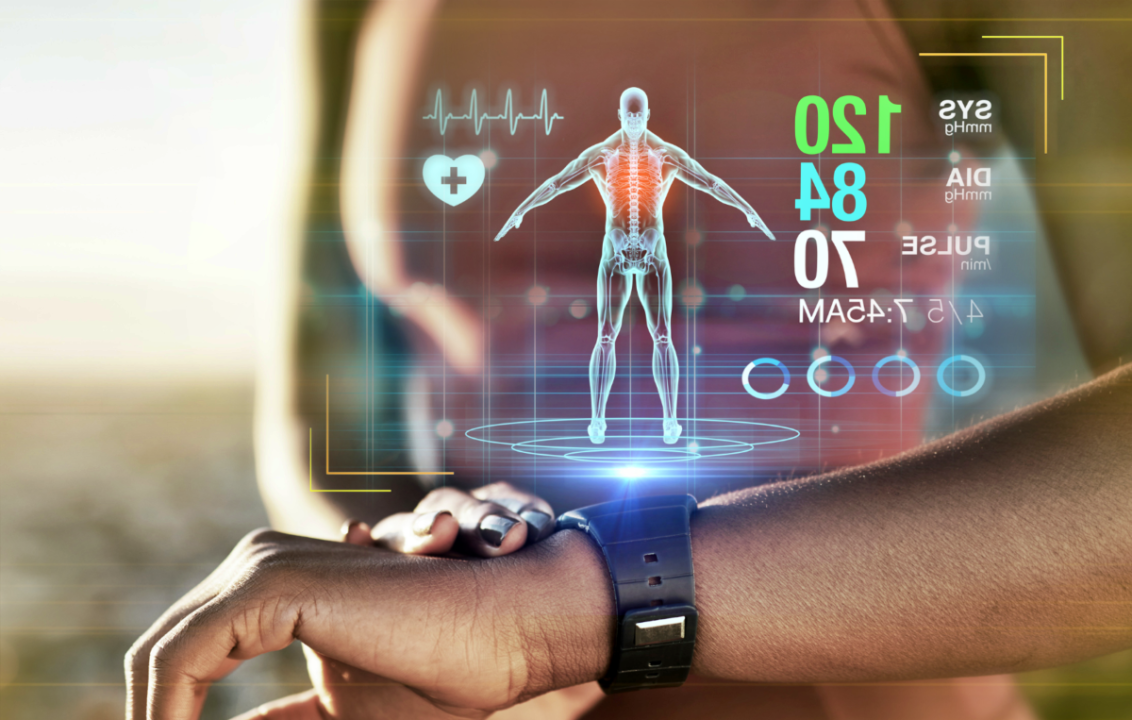
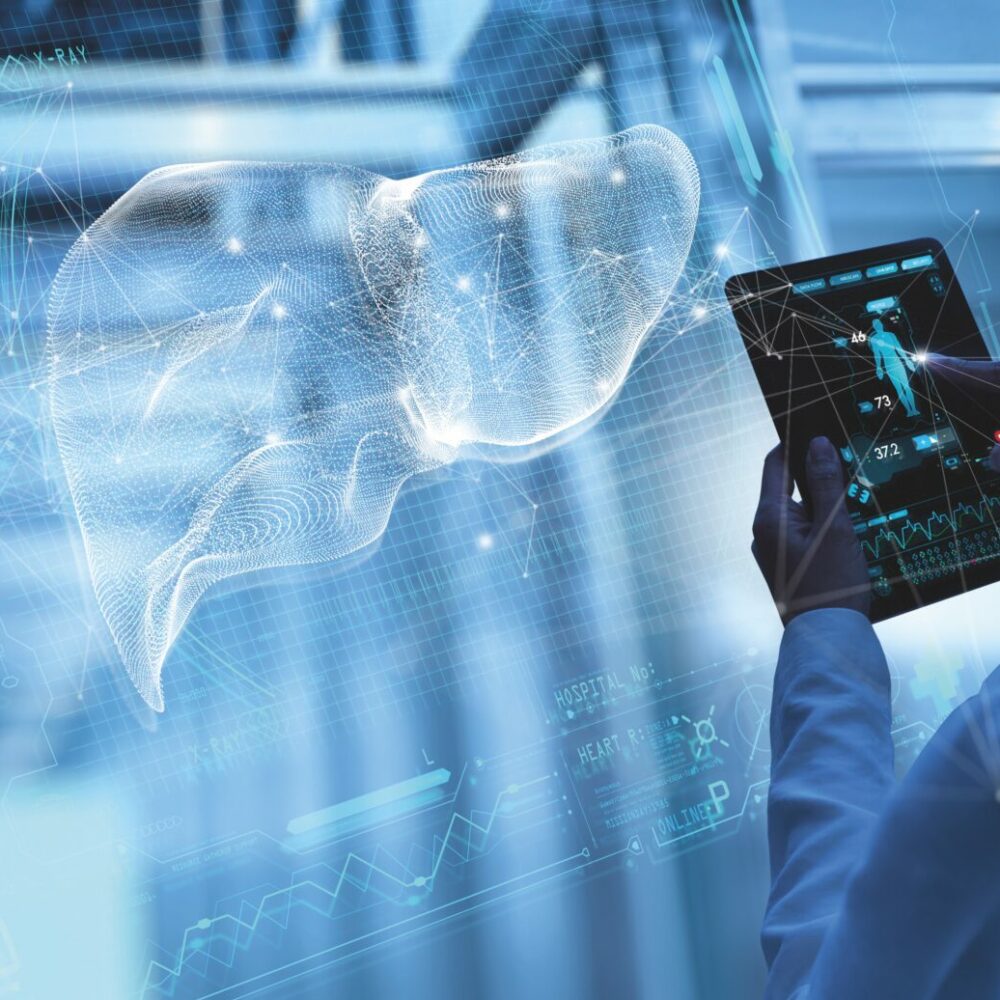
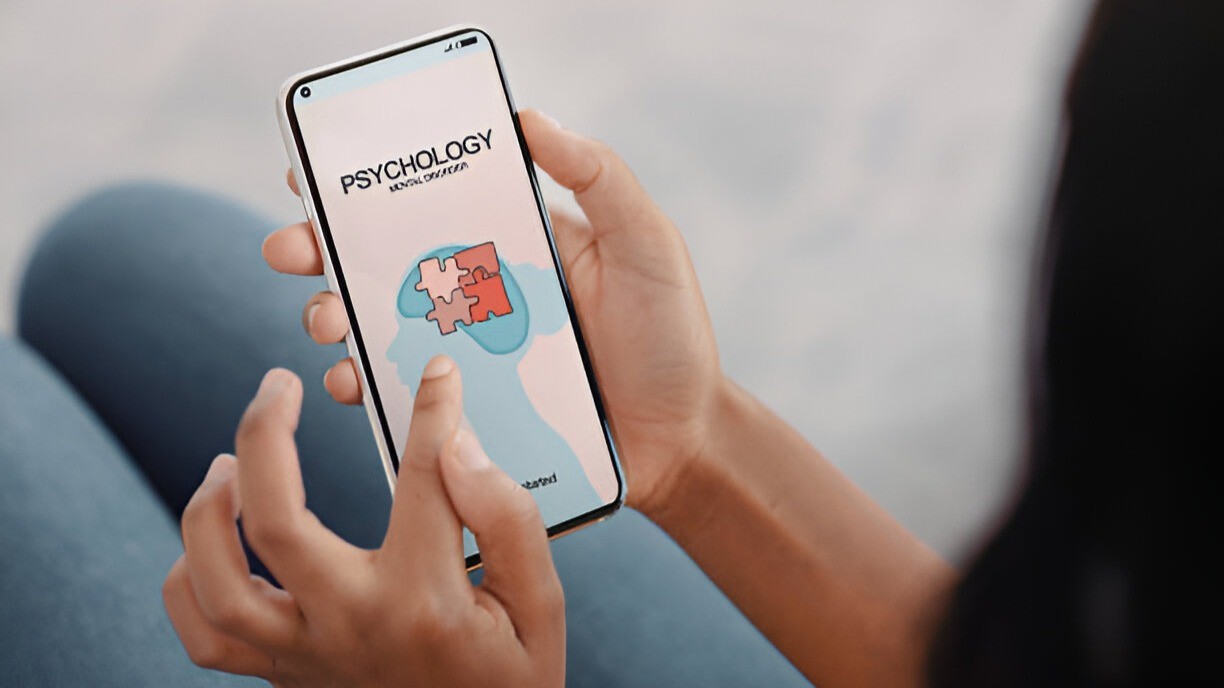
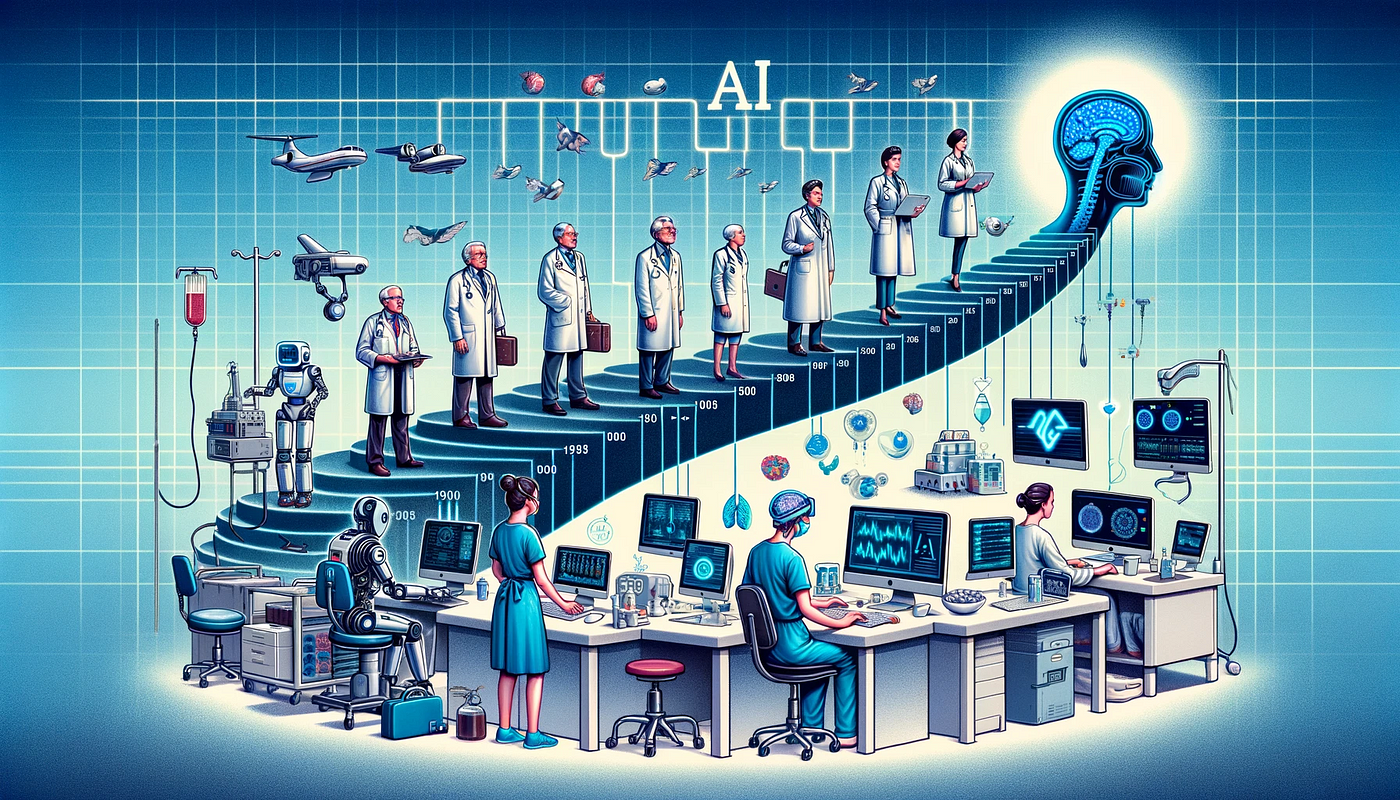
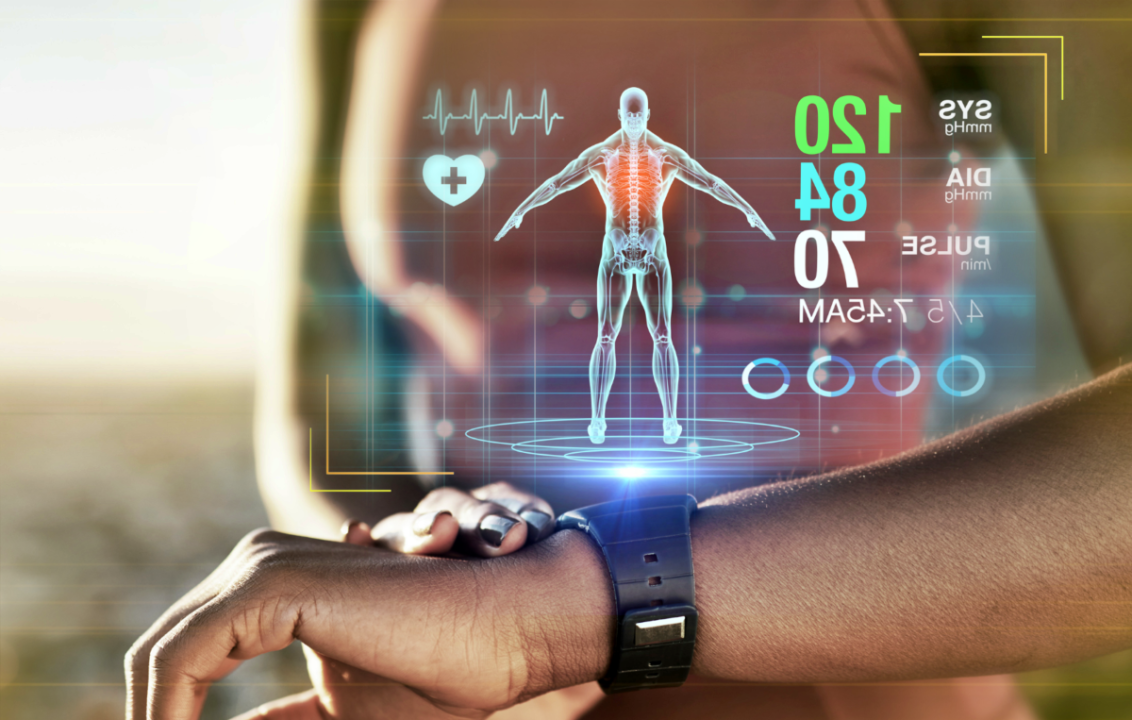 The healthcare industry is undergoing a profound transformation, with wearable technology at the forefront. Devices like smartwatches, fitness trackers, and biosensors are no longer limited to fitness enthusiasts—they are becoming essential tools for medical professionals and patients alike. Let’s dive into the emerging trends shaping the future of healthcare wearables.
The healthcare industry is undergoing a profound transformation, with wearable technology at the forefront. Devices like smartwatches, fitness trackers, and biosensors are no longer limited to fitness enthusiasts—they are becoming essential tools for medical professionals and patients alike. Let’s dive into the emerging trends shaping the future of healthcare wearables.
Modern wearables are equipped with state-of-the-art sensors capable of monitoring a range of health metrics, from heart rate and oxygen levels to sleep patterns and glucose levels. These advancements enable continuous monitoring, providing invaluable data for early detection of health issues and chronic disease management.
Artificial intelligence is enhancing the capabilities of wearable devices by analyzing vast amounts of health data to deliver personalized insights. AI-powered wearables can detect irregularities, predict health risks, and even recommend lifestyle changes tailored to individual needs, offering a proactive approach to healthcare.
The COVID-19 pandemic accelerated the adoption of remote patient monitoring, and wearable technology has played a key role in this shift. These devices allow healthcare providers to track patient health remotely, reducing hospital visits while ensuring timely interventions when necessary.
Preventative healthcare is gaining traction, and wearables are empowering individuals to take charge of their health. With real-time feedback, users can make informed decisions about their lifestyle, helping to prevent conditions like obesity, hypertension, and diabetes.
To fully realize their potential, wearable devices must seamlessly integrate with electronic health records (EHRs) and other healthcare systems. This interoperability facilitates better communication between patients and providers, ensuring comprehensive and coordinated care.
As wearable technology becomes more sophisticated, concerns about data privacy and security are rising. Healthcare providers and tech companies must prioritize safeguarding sensitive health data to maintain patient trust and comply with regulations.
Wearable technology is more than a trend—it’s a revolution in how healthcare is delivered and experienced. By enabling continuous monitoring, fostering patient engagement, and leveraging AI-driven insights, these devices are shaping a future where healthcare is more accessible, personalized, and effective. As innovation continues, the role of wearables in healthcare will undoubtedly expand, driving a new era of medical excellence.
References: https://healthtechmagazine.net/article/2024/03/trends-wearable-technology-for-healthcare-perfcon
